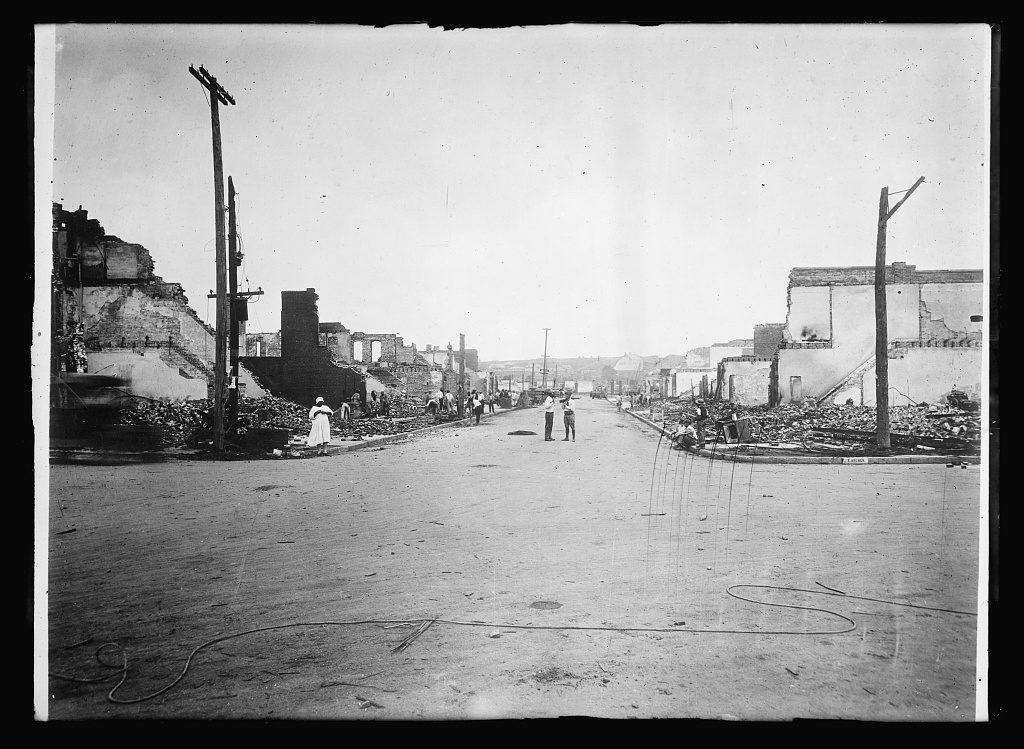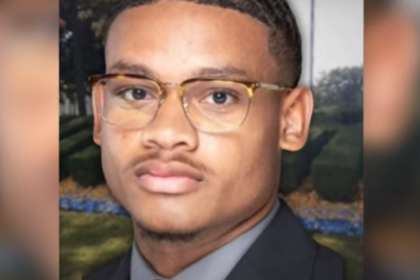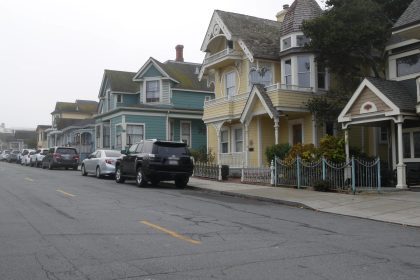Denial of justice for Tulsa Massacre survivors
On Sept. 10, the Oklahoma Supreme Court rejected the request from 110-year-old Viola Fletcher and 109-year-old Lessie Benningfield Randle without comment, leaving many to question the justice system’s commitment to addressing the long-standing atrocities faced by Black communities. This ruling follows a Tulsa district court’s dismissal of the case, and while Justice James Edmondson favored reconsidering the case, the majority of the court remained silent.
The legacy of the Tulsa Race Massacre and the struggle for reparations
The Tulsa Race Massacre, one of the most egregious acts of racial violence in U.S. history, resulted in the deaths of nearly 300 Black residents and the destruction of the prosperous Black Wall Street community in the Greenwood District. Despite the undeniable devastation, efforts to secure reparations have been consistently thwarted. The survivors’ lawsuit argued for restitution under Oklahoma’s public nuisance law, suggesting that the city of Tulsa and other entities have continued to profit from the legacy of Black Wall Street, while survivors and their descendants received nothing.
This denial of reparations for the Tulsa survivors starkly contrasts with the outcomes for other groups who have faced historical injustices. In 1988, the U.S. government formally apologized to Japanese Americans interned during World War II and provided $20,000 in reparations to each surviving detainee under the Civil Liberties Act. Similarly, Holocaust survivors and their families have received compensation and restitution from both German and Swiss banks, acknowledging the moral and financial damages inflicted upon them.
Local efforts and national context
Across the U.S., there have been local experiments in reparations for Black communities, but these efforts remain inconsistent and limited in scope. Cities like Evanston, Illinois, and San Francisco have initiated programs aimed at redressing historical discrimination through housing grants and other initiatives. Still, these fall short of the broader national reparations many Black Americans seek.
The ongoing legal battles for Tulsa massacre survivors connect to the larger context of Black Americans calling for reparations to address the enduring impacts of slavery, Jim Crow segregation and systemic racism. The denial of these claims in cases like Tulsa underscores the reluctance of many institutions to confront and remedy these historical wrongs.
The ongoing fight for recognition
Attorney Damario Solomon-Simmons, representing Fletcher and Randle, has called upon the U.S. Department of Justice to investigate the massacre under the Emmett Till Unsolved Civil Rights Crime Act, which allows the reopening of cold cases of violence against Black Americans. Solomon-Simmons emphasized that President Joe Biden had promised justice for the Tulsa survivors during a previous meeting. Now, the attorney urges the administration to deliver on that promise.














